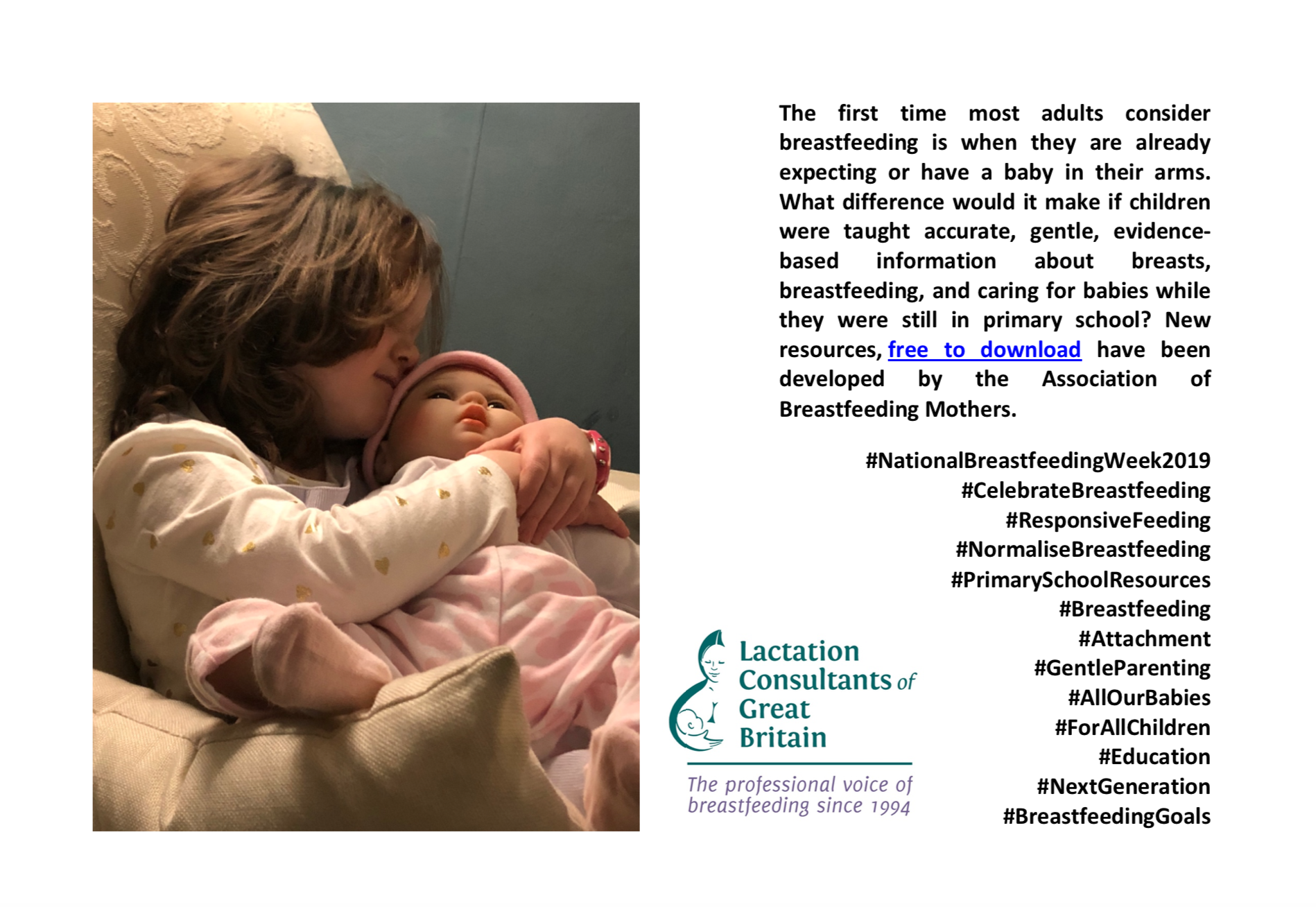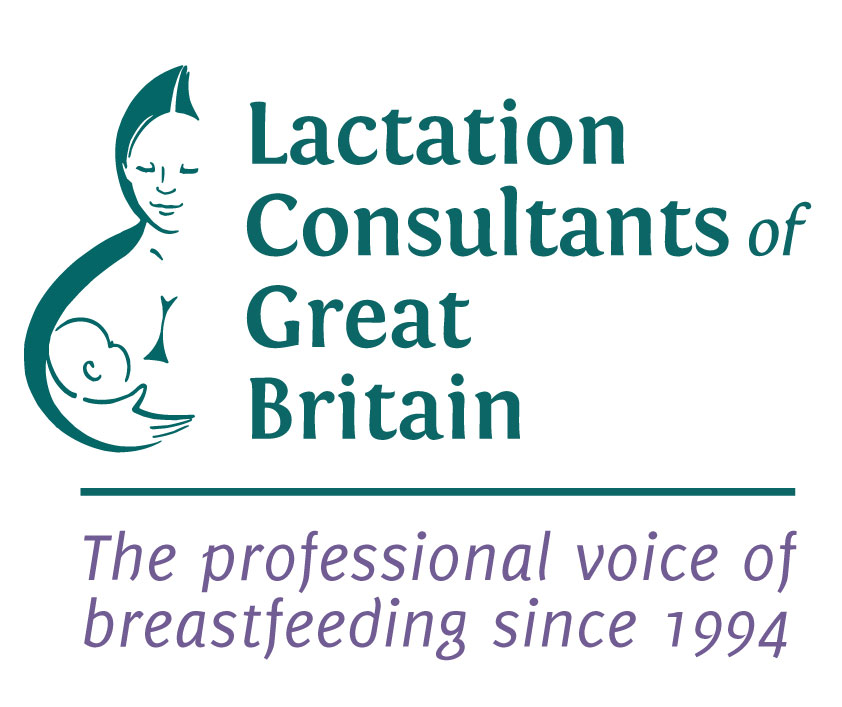Guest blog by Lyndsey Hookway, IBCLC
Although breastfeeding can be a thorny issue for many, the fact remains that the vast majority of women who start off breastfeeding but stop feel a sense of sadness and regret. We’re not talking about forcing people to breastfeed, by the way. Most women who start off and then stop before 6 weeks feel genuine pain and disappointment. There may be many ways of addressing the problem. We could invest in more support in the early days. More peer supporters, breastfeeding counsellors and IBCLCs. Better universal training for health care staff. But what about if we start off even earlier?
That is exactly what Association of Breastfeeding Mothers chair, former teacher and IBCLC Emma Pickett along with Dr. Andrea Hamilton – peer supporter and epidemiologist – thought.
In the near future, many primary school children will be receiving gentle, evidence-based, age-appropriate information about how babies can be fed, what breasts are used for, and what similarities we share with our primate cousins. They will learn what babies need, the importance of cuddles and closeness, and how they can be fed from the breast. Children have a natural fascination for how their bodies work, and what amazing functions different body parts have. Why not teach them about the function of breasts in a meaningful way? For decades we have skirted around the issue of personal, health and social education in schools, lagging behind many other countries in terms of our sexual health and relationships education. Who can remember clinical and dry lessons about the function of breasts, with perhaps a brief mention of their primary function to feed babies.
It is a huge step forward to teach children to be amazed by their bodies, to have faith in them, and to trust their babies, rather than wait for them to have a baby on the way or hold one in their arms before they give breastfeeding meaningful consideration.
Of course, there is also huge potential to deliver compassion and kindness to the teachers who may be affected by their own personal experiences of breastfeeding. Not everyone achieves their breastfeeding goal, but with a willingness to learn from the past and support the next generations, perhaps we will be having a different dialogue in 20 years.
Download your free lesson plans and resources here: https://abm.me.uk/resources-for-schools/
